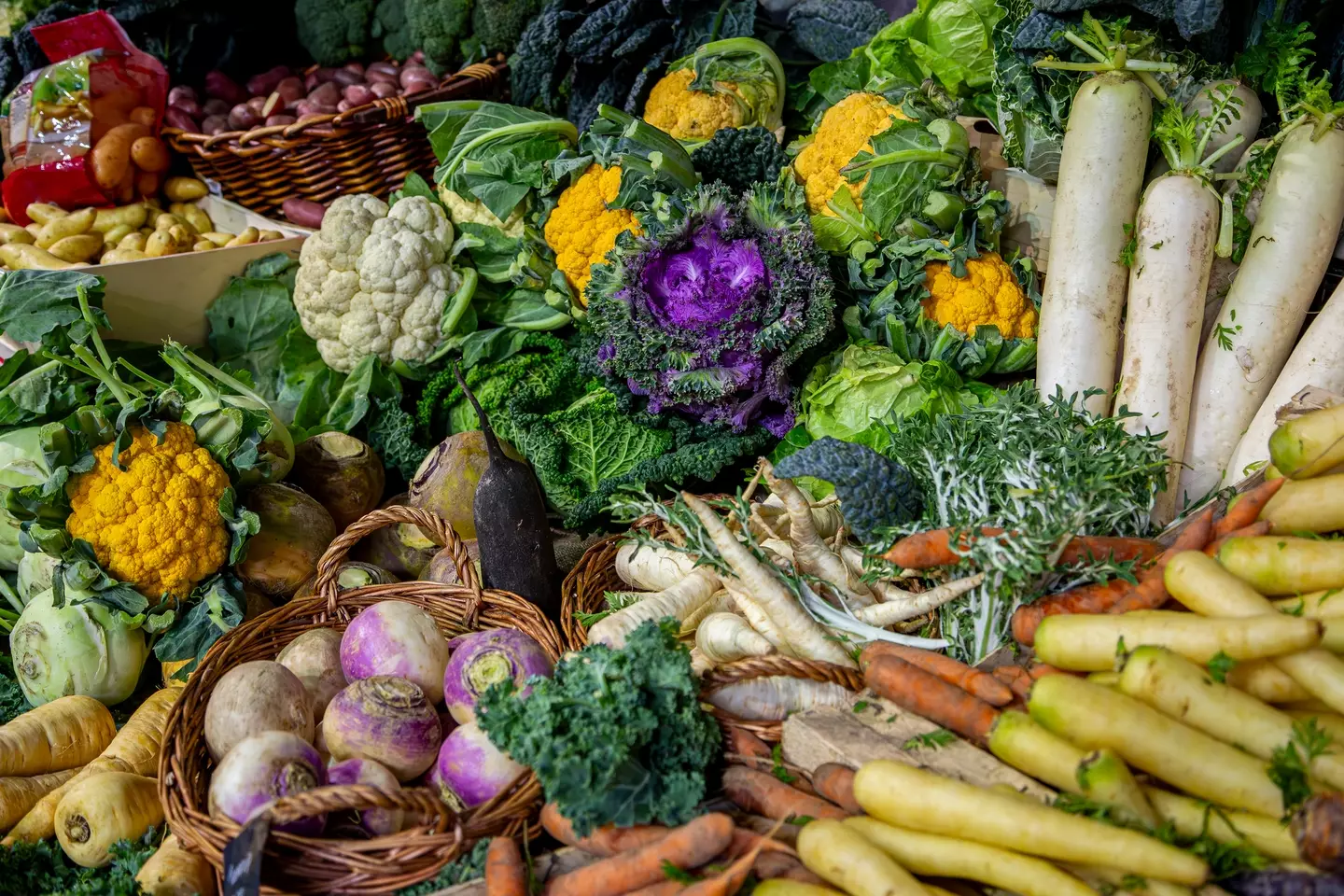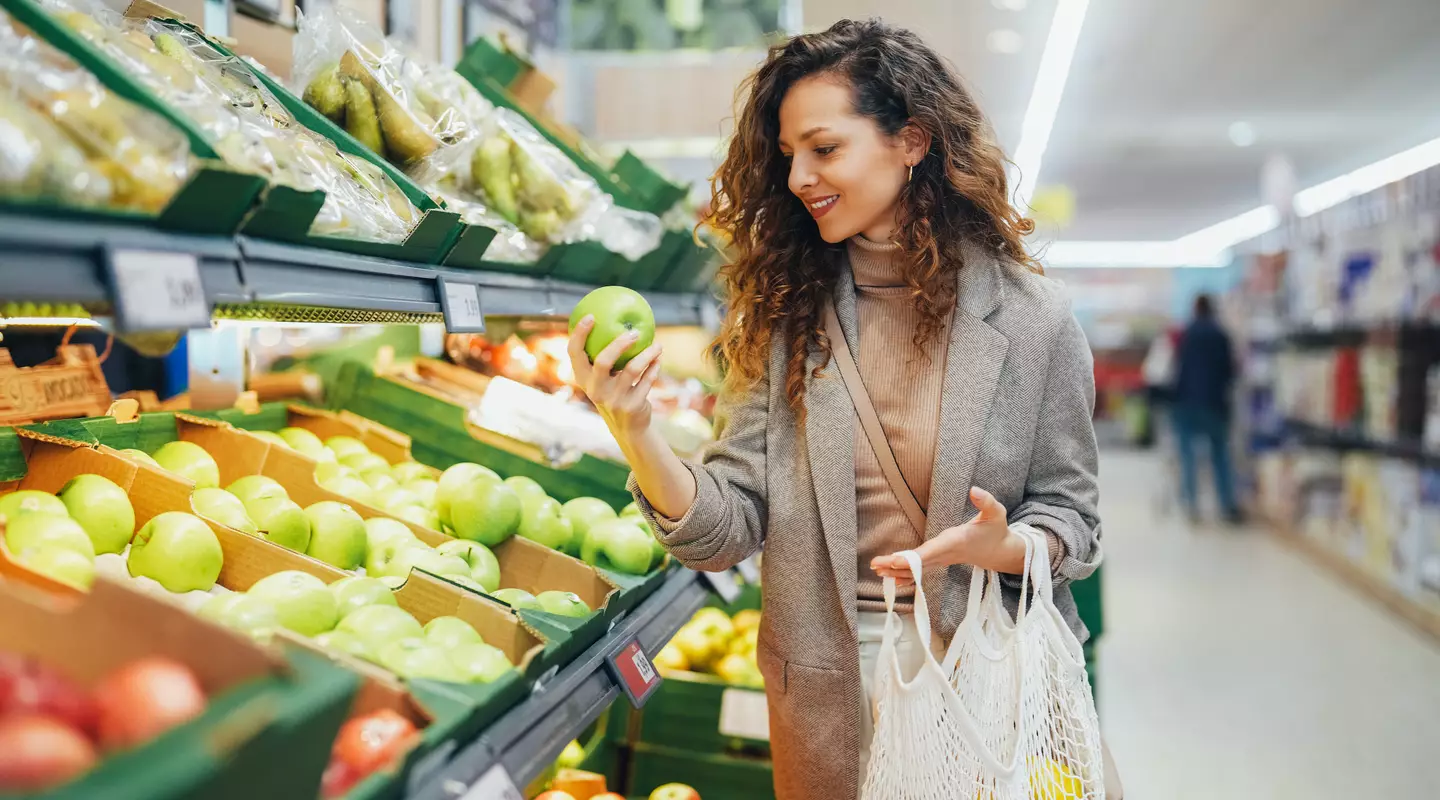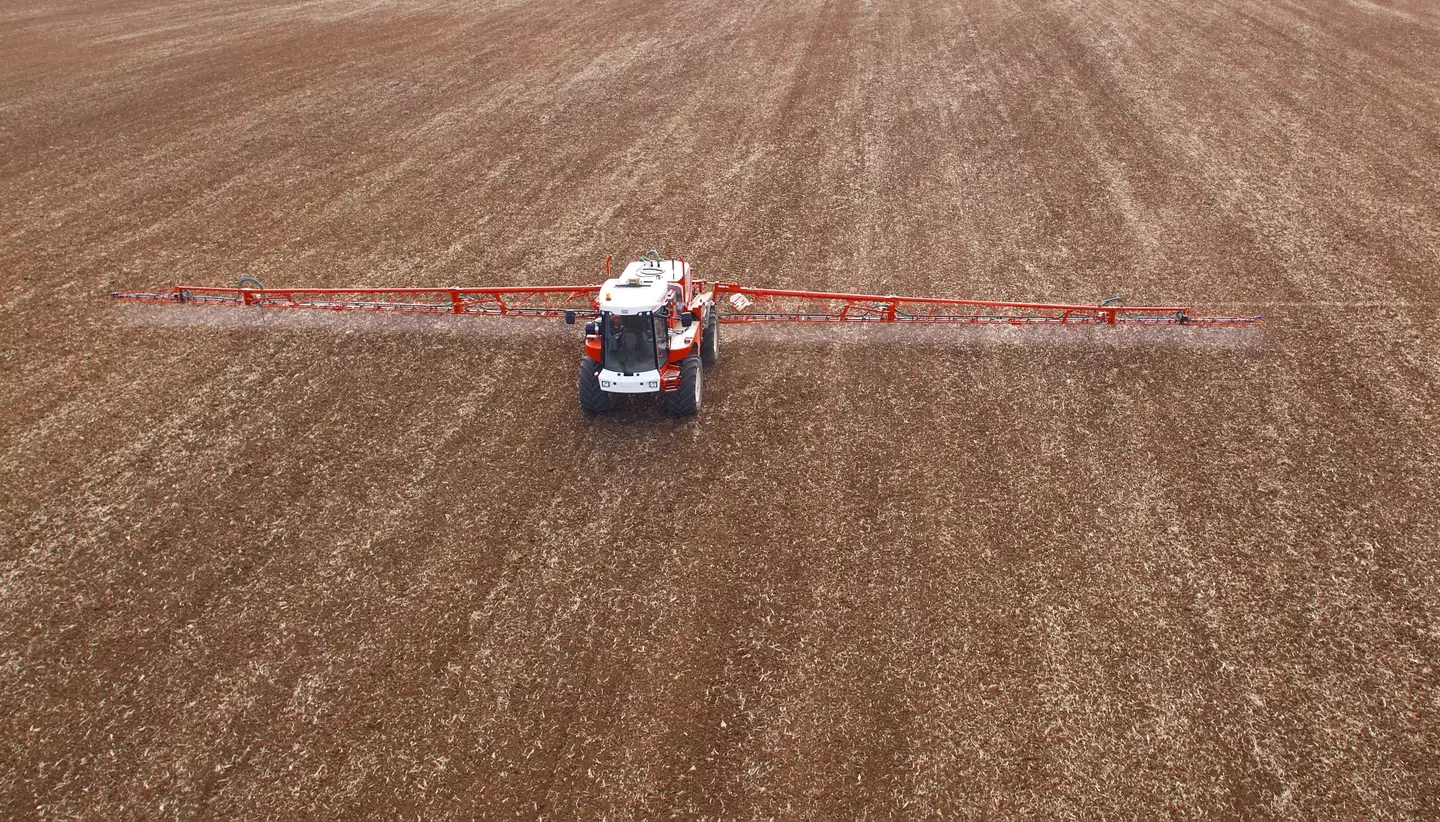
Awareness around food additives and preservatives is in the midst of a big spike, and people are concerned about chemicals used in farming processes too.
With all the talk of UPFs and the benefits of eating whole, organic foods over processed or mass-produced grub are widely touted by influencers, but the jury is still out on the extent to which we should be worried about such things.
If you’d prefer to err on the side of caution, an American activist organisation has compiled a list of 12 fresh fruits and veggies that tend to arrive in US shops with various chemicals on their skin.

Advert
Food safety standards differ significantly between the UK and US, so our British readers should take the warnings given herein with a pinch of salt, but it’s nevertheless indicative of the likelihood for farming chemicals and other materials ending up on our food and, if we don’t wash it properly, in our bodies.
The Environmental Working Group’s (EWG) 2025 Shopper’s Guide to Pesticides in Produce highlighted the 12 foods that were mostly likely to carry pesticides – used to kill or repel crop-harming pests like insects, fungi, weeds, and rodents – all the way to your kitchen.

These are:
- Spinach
- Strawberries
- Kale, collard, and mustard greens
- Grapes
- Peaches
- Cherries
- Nectarines
- Pears
- Apples
- Blackberries
- Blueberries
- Potatoes
As to why we might be concerned about pesticides, it’s believed that they can have an impact on our hormones and fertility – namely in ovary function and sperm quality – and they may be carcinogenic too. Some studies found a link between pesticides and diabetes, as well as cardiovascular diseases.
EWG drew up this list based on data from the US Department of Agriculture’s pesticide residue tests on over 53,000 samples across 47 different fruits and vegetables. Samples were washed under running water for 15 to 20 seconds before being tested, and inedible skins were removed where applicable.
Despite the cleaning, the data showed 256 pesticides present on the samples in trace amounts.

These included fungicides like pyrimethanil and fludioxonil, pyrethroids like permethrin and cypermethrin used to repel insects, and neonicotinoids which help to manage aphids and other crop-munching bugs.
EWG’s full study is available to read here, and it includes a further 15 fruits and vegetables deemed ‘clean’ along with 20 more varieties that were neither good enough to be in the clean group or contaminated enough to be included in the Dirty Dozen.
